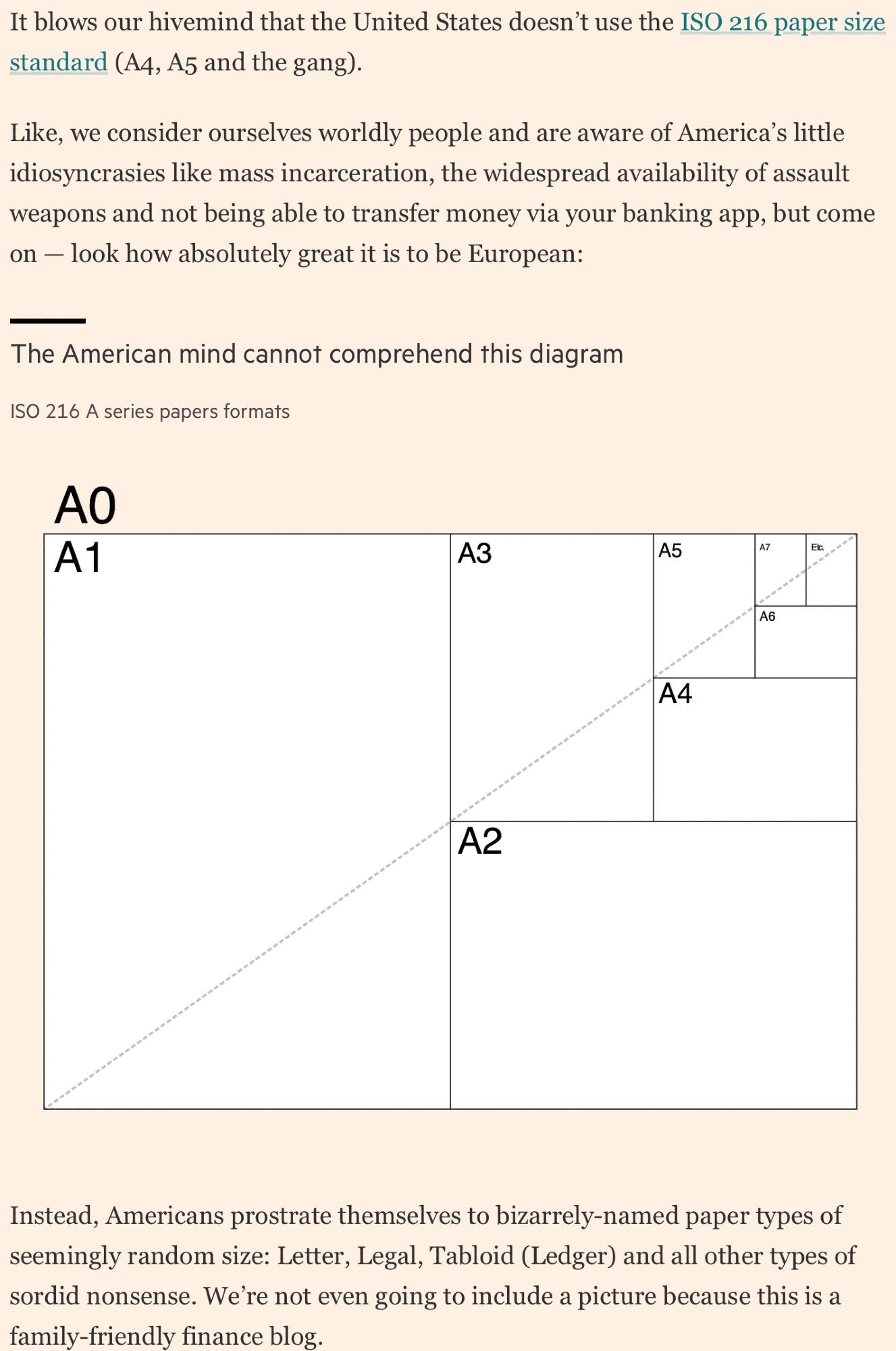this post was submitted on 28 May 2024
1056 points (98.8% liked)
196
17082 readers
1581 users here now
Be sure to follow the rule before you head out.
Rule: You must post before you leave.
Other rules
Behavior rules:
- No bigotry (transphobia, racism, etc…)
- No genocide denial
- No support for authoritarian behaviour (incl. Tankies)
- No namecalling
- Accounts from lemmygrad.ml, threads.net, or hexbear.net are held to higher standards
- Other things seen as cleary bad
Posting rules:
- No AI generated content (DALL-E etc…)
- No advertisements
- No gore / violence
- Mutual aid posts require verification from the mods first
NSFW: NSFW content is permitted but it must be tagged and have content warnings. Anything that doesn't adhere to this will be removed. Content warnings should be added like: [penis], [explicit description of sex]. Non-sexualized breasts of any gender are not considered inappropriate and therefore do not need to be blurred/tagged.
If you have any questions, feel free to contact us on our matrix channel or email.
Other 196's:
founded 2 years ago
MODERATORS
you are viewing a single comment's thread
view the rest of the comments
view the rest of the comments

That was just ONE aspect of the adoption of the metric system. And that was done to make backwards compatibility easier because of long lasting legacy systems. Because some systems, like say plumbing in a home or city, last for a very long time before they get replaced or repaired. New plumbing installations often use Tubing like PEX which is metric. I designed and fabricated a dozen brackets for a US customer over the weekend for delivery today. They were made using millimeters as specified.
And if you actually pay attention to how the metric systems compares to the US customary, you would see just how closely they are related from the start. Which makes sense since what we call Imperial measurements predate the metric system by several hundred years.
Plumbing is still described in customary in Europe. You have 1/2 or 3/4 fittings etc.
Imperial is actually just a couple years older than US customary, it was predated by the "English units".
https://en.wikipedia.org/wiki/English_units
You are correct. But Imperial is pretty much abandoned and the US only kind of sort of followed it. There have always been some differences between US Customary and Imperial. The gallon is one of the most obvious differences.